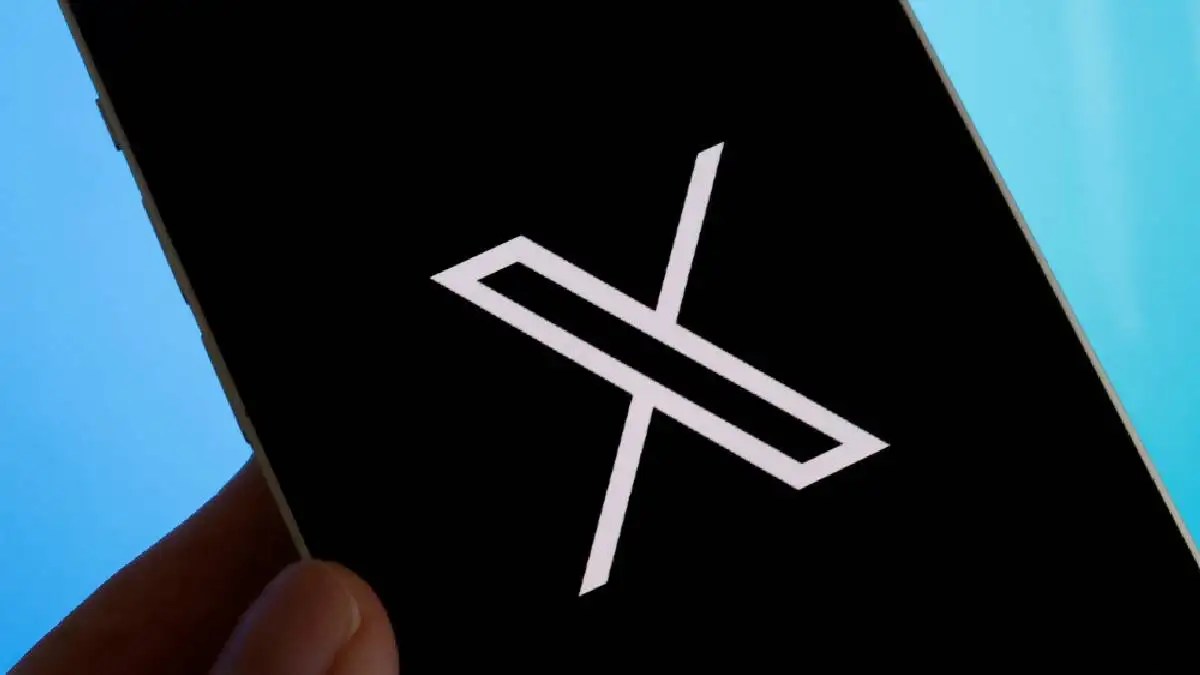- TECHSWU
- Posts
- TECHSWU
TECHSWU


Elon Musk's innovative Department of Government Efficiency (DOGE) is shaking things up by introducing GSAi, a custom AI chatbot poised to revolutionize how federal tasks are managed at the General Services Administration (GSA). This move aims to enhance productivity for government employees, making day-to-day operations smoother and more efficient.
But that's not all; the tech world's buzzing with news of outages on Musk's social media platform, X, impacting thousands of users. Amidst these challenges, the spotlight is also on upcoming smartphone releases—POCO’s latest models are set to debut soon—and Apple’s anticipated delays in advanced Siri features, pushing their launch to 2026.


Should we be polite to artificial intelligence? A thought-provoking exploration reveals that treating AI with courtesy may enhance our interactions. Journalist Becca Caddy tested this concept by stripping her communication to cold commands, and found the experience strange and less effective.
Research shows that 71% of people in the UK and 67% in the US are naturally polite to AI, a behavior likely rooted in our upbringing. Being courteous not only makes chats feel more human but can also result in clearer, more informative AI responses.
Politeness may mirror our broader communication styles and cultivate trust, plus it subconsciously helps AIs grasp context better. While it might seem unnecessary to say “please” or “thank you” to a machine, doing so can yield better responses and could be a wise strategy as AI advances.

In a surprising twist, former President Donald Trump has revealed that he is in talks with four different groups interested in acquiring TikTok, the popular Chinese short-video platform. Trump hinted at strong interest from various parties, suggesting that TikTok’s enticing appeal continues to draw attention.
As the social media landscape evolves, this potential acquisition could have significant implications for TikTok’s future in the U.S.
Meanwhile, other tech news highlights include widespread outages on Elon Musk’s social media platform, X, leaving thousands of users in the dark, and exciting developments on the horizon for the upcoming POCO F7 series smartphones. Plus, Apple has pushed back advanced Siri features to 2026, leaving fans eagerly awaiting updates.

In a groundbreaking achievement, scientists from Italy's National Research Council have successfully converted light into a solid state for the first time. This historic discovery challenges our understanding of physics and is poised to revolutionize various fields, from quantum computing to medicine.
By directing a laser onto a specialized semiconductor, researchers created “polaritons,” enabling a quantum phase known as quantum supersolid at normal lab conditions—a feat previously thought possible only at extreme lows. The implications are immense: we could see advancements in ultra-fast internet, enhanced medical imaging, efficient energy solutions, and even innovations in electronic devices.
As this transformative discovery unfolds, the potential to reshape technology and enhance our daily lives is limitless.

Looking for budget-friendly earphones that don’t compromise on quality? The JBL Tune 310C might be your perfect match! Priced around ₹1,000, these USB Type-C earphones deliver an impressive bass-heavy sound signature, clear call quality, and a hassle-free design—no battery worries here! Featuring a tangle-free flat cable and a simple button panel, they're user-friendly and compatible with most devices like phones, tablets, and laptops. While they’re lightweight and easy to carry, be prepared to push them snugly into your ears for the best audio experience.
Although they don't block out external noise and can't be used while charging, these wired wonders make an excellent alternative to TWS earbuds. Overall, the JBL Tune 310C is a smart buy, whether as your primary audio companion or a backup for when your wireless gear lets you down.

A groundbreaking study by Lunit has revealed that AI-enhanced mammography significantly boosts breast cancer detection without increasing recall rates. Conducted in South Korea, this extensive research involved over 24,500 women and demonstrated that AI assistance improved detection rates by 13.
8%, revealing more small tumors and node-negative cancers crucial for early diagnosis. The study highlights the effectiveness of Lunit INSIGHT MMG, which not only benefits specialized breast radiologists but also enhances performance for general radiologists, showing improvements as high as 26.
4%. As countries struggle with shortages of breast imaging specialists, this innovative tool is poised to revolutionize cancer screening processes worldwide.
Emphasizing its potential, Lunit aims to lead the adoption of AI in healthcare, ensuring patients receive timely and accurate screenings while alleviating the burdens on medical professionals. With significant implications for global breast cancer screening protocols, this study marks a pivotal moment in combining technology with healthcare advancements.

On March 10, 2025, X (formerly Twitter) faced a brief yet impactful outage, leaving users scrambling to access the platform. Reports poured in around 3:15 PM from approximately 2,500 frustrated users who couldn't log in via the app or website.
Despite the hiccup, the service was swiftly restored by 3:45 PM. This isn't the first time X has stumbled, with multiple disruptions occurring last year prompting some users to explore alternative platforms.
As frustrations flared, particularly in India, many were left wondering what could be next for their go-to social media space. In related news, Facebook has announced new restrictions on live video content, stating that such broadcasts will automatically disappear after 30 days, although users can download their streams beforehand.
As social media continues to face challenges, users remain on the lookout for reliable platforms to connect and share their moments.